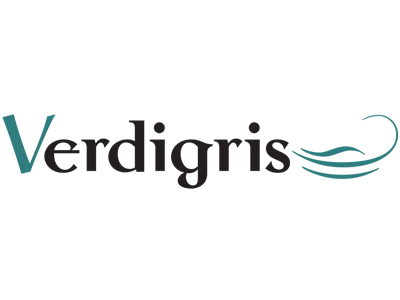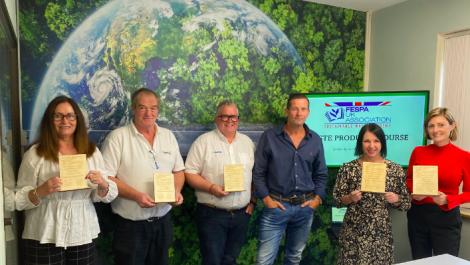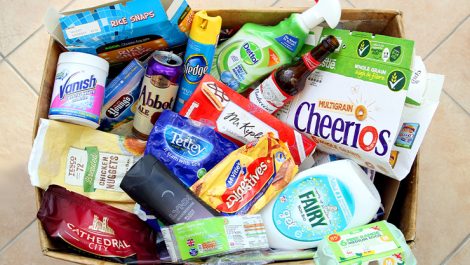After so many years of environmental
dithering, things are starting to move and change is coming.
Unilever, one of the world’s largest corporations has signed an
important deal with Veolia. This company provides services to local
governments specifically in water, waste, transport and energy
management. Unilever, a huge print and packaging buyer, is working
with Veolia to improve local recycling infrastructures,
specifically for plastics recycling and recovery.
One of the hardest problems to crack when it comes to recycling
is sorting waste for subsequent processing. Plastics are especially
challenging because there are so many different kinds. There are
technologies to handle some of of the reprocessing in waste
handling facilities, but process efficiency begins with consumers
and efficient local recycling infrastructures. Unfortunately
consumers get mixed messages about which plastics can and cannot be
recycled in their region, so they are inevitably inconsistent in
their efforts. The partnership between Unilever and Veolia could
lay the foundations for significant local improvements that support
consumers and plastics recycling more effectively. It’s clear that
integrated recycling and recovery needs leadership and viable
commercial partnerships for waste sorting and processing.
Integrated waste management and recycling infrastructures are
complicated, expensive to develop and politically sensitive. But as
the value in waste recovery starts to be recognised, a whole
business is growing up around extracting value. Plastic waste can
be recycled or reused, but the whole process has to turn a profit
or at least break even. This is what Veolia and Unilever are
exploring through their initiative.
Unilever and Veolia have a three year arrangement to conduct
several pilot projects in order to work out how to improve the
effectiveness of existing waste collection systems. They will
consider in improvements in plastic waste collection and recycling
infrastructures in order to create local circular economies that
prevent plastics getting into the wider environment. The project
will start in India and Indonesia, where waste collection is mostly
informal. But if all goes well, the pilots will extend to other
geographies. Veolia and Unilever want it to be possible for their
model for industrial plastics recovery and recycling
infrastructures to be applied anywhere and for any kind of
waste.
This partnership supports Unilever’s existing commitments to
sustainable packaging and it’s a big step. It acknowledges the
shared responsibility between the sources of plastic packaging
waste and waste handlers to work locally to manage the value chain
more effectively. Currently only 14% of plastic packaging is
collected for recycling with around 75% ending up either in
landfill or lost in the environment. If Veolia and Unilever can
find a way to monetise waste more effectively, we expect these
numbers to change dramatically and fast.
– Laurel Brunner
This article was produced by the Verdigris Project, an
industry initiative intended to raise awareness of print’s positive
environmental impact. This weekly commentary helps printing
companies keep up to date with environmental standards, and how
environmentally friendly business management can help improve their
bottom lines. Verdigris is supported by the following
companies: Agfa Graphics, EFI, Fespa, HP, Kodak, Kornit, Ricoh, Spindrift, Splash
PR, Unity Publishing and Xeikon.



